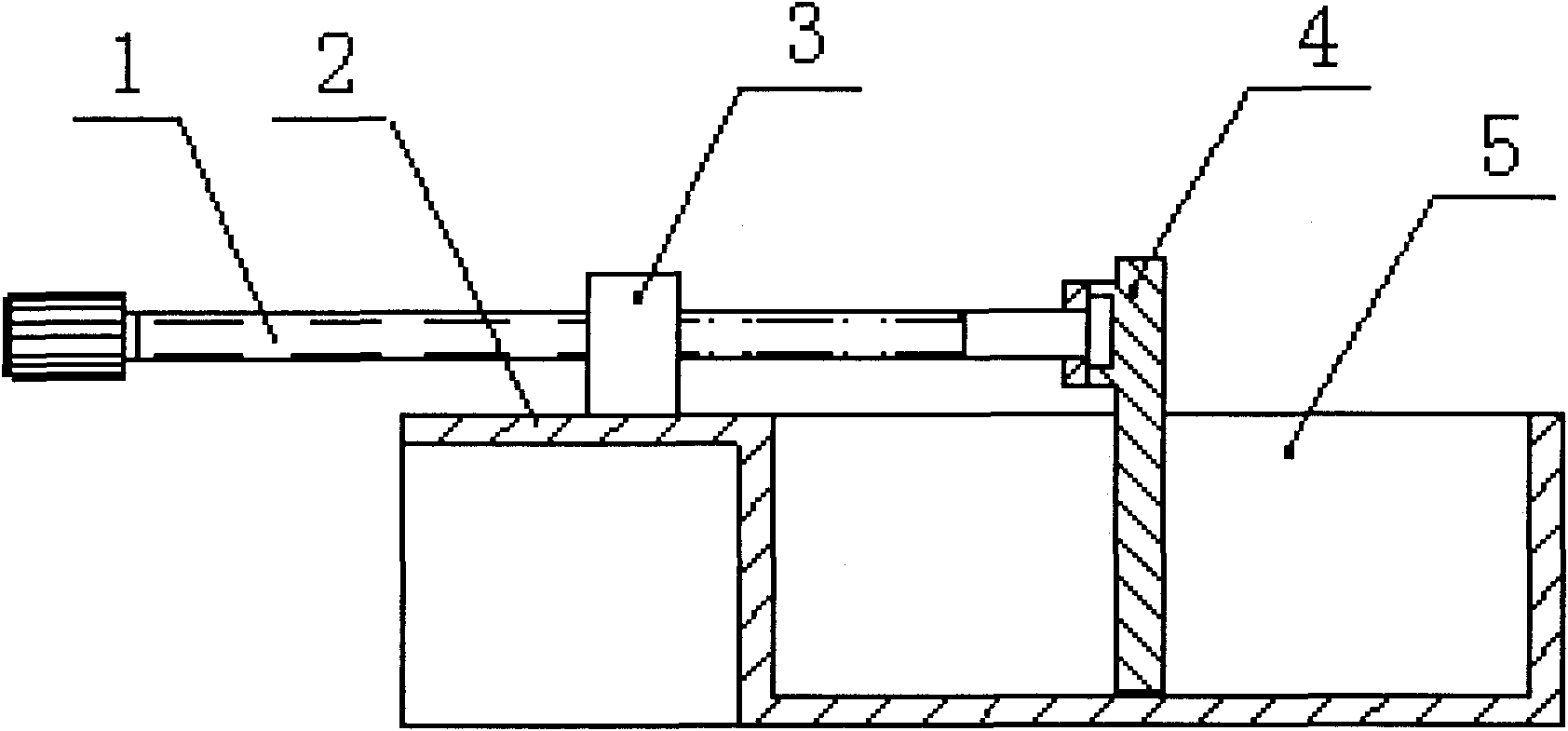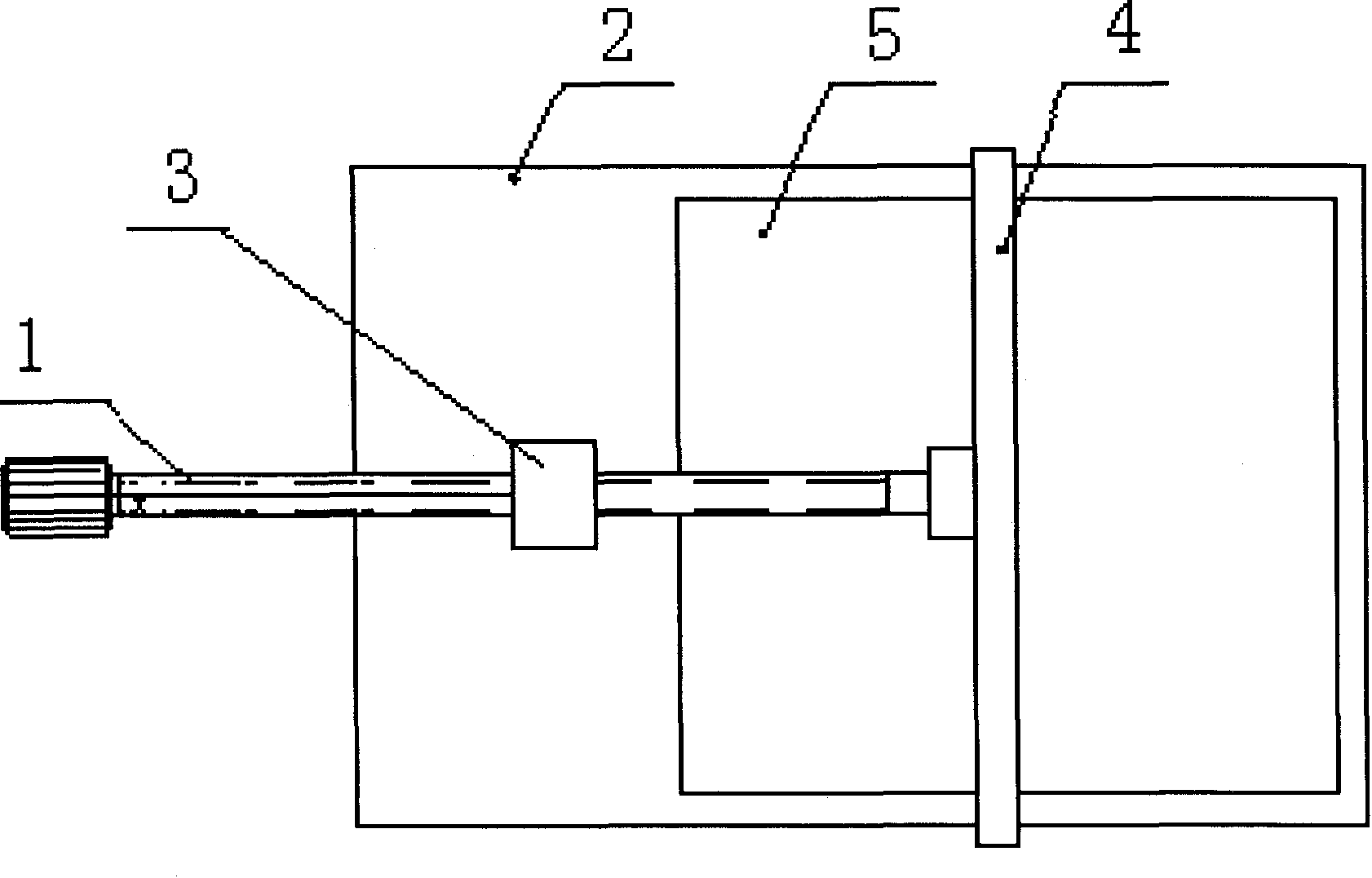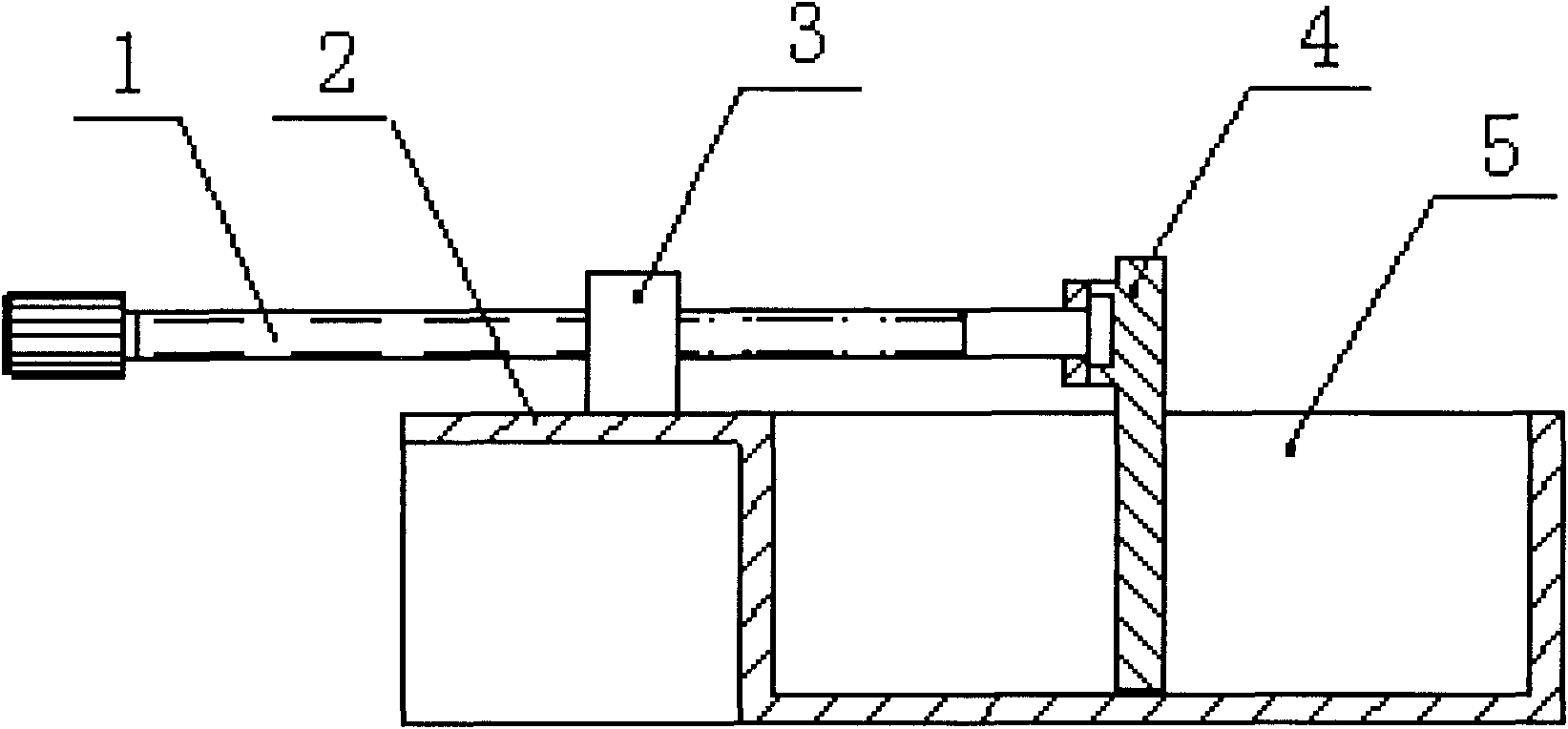Method for extracting oil sample inside hydrocarbon inclusion in groups
A technology for inclusions and oil samples, applied in sampling devices and other directions, which can solve problems such as low probability, test error, and limited use
- Summary
- Abstract
- Description
- Claims
- Application Information
AI Technical Summary
Problems solved by technology
Method used
Image
Examples
Embodiment 1
[0034] Embodiment 1: Taking the oil samples in the hydrocarbon inclusions of the third stages of the Ordovician reservoir limestone in Tazhong as an example, the present invention will be further described in detail.
[0035] Oil samples in hydrocarbon inclusions were extracted in stages,
[0036] The equipment used includes: a 35cm focal length fluorescence microscope, a micro-drill; the tools mainly include: a sample chamber, a glass petri dish, and an ultrasonic cleaner; the reagents include methylene chloride, methanol, and chloroform.
[0037] 1. Cleaning tools
[0038] (1) Wash and dry the tweezers, glass dish, sample chamber, the drill bit of the micro-drill, the straw and the sample bottle with pure water, then rinse with dichloromethane 3 times, and dry for later use;
[0039] (2) Cover the fluorescence microscope platform with tin foil, place the sample chamber in the center of the fluorescence microscope platform, and fix the sample chamber with the fixing device o...
PUM
| Property | Measurement | Unit |
|---|---|---|
| height | aaaaa | aaaaa |
| width | aaaaa | aaaaa |
| length | aaaaa | aaaaa |
Abstract
Description
Claims
Application Information
 Login to View More
Login to View More - R&D
- Intellectual Property
- Life Sciences
- Materials
- Tech Scout
- Unparalleled Data Quality
- Higher Quality Content
- 60% Fewer Hallucinations
Browse by: Latest US Patents, China's latest patents, Technical Efficacy Thesaurus, Application Domain, Technology Topic, Popular Technical Reports.
© 2025 PatSnap. All rights reserved.Legal|Privacy policy|Modern Slavery Act Transparency Statement|Sitemap|About US| Contact US: help@patsnap.com



